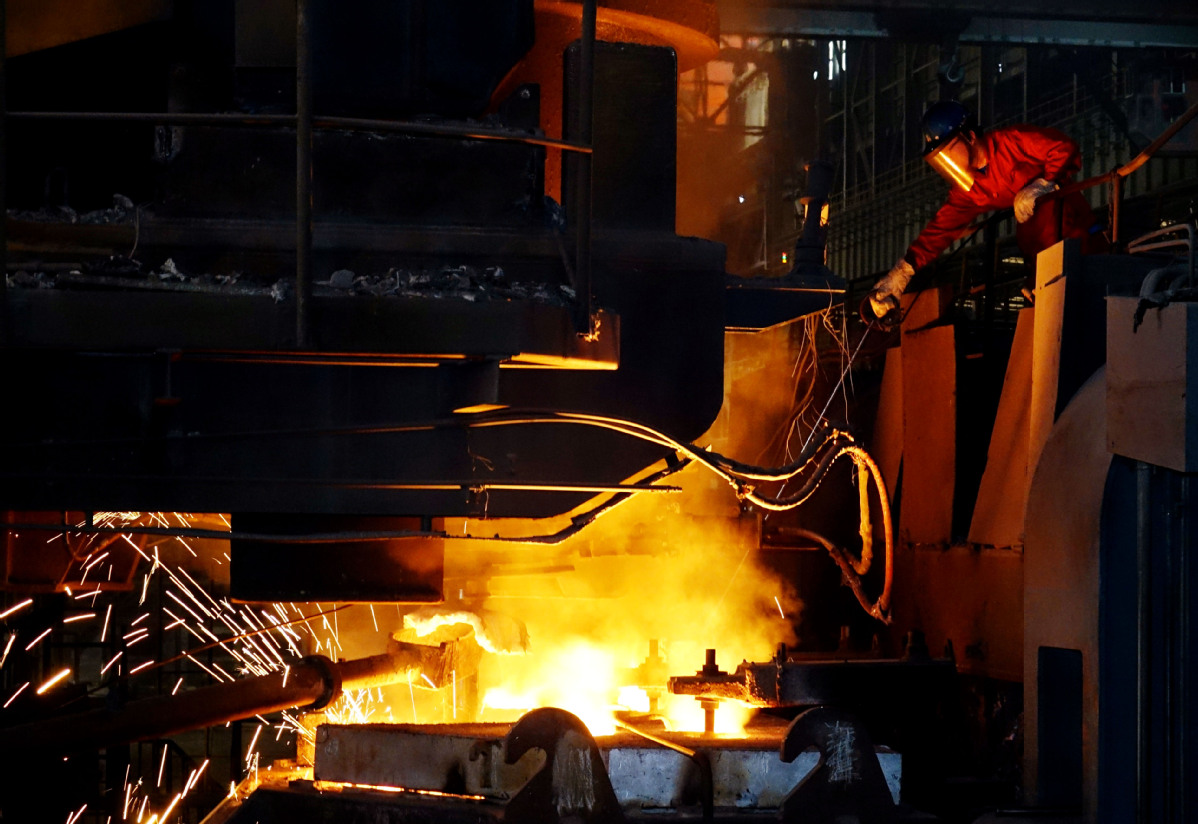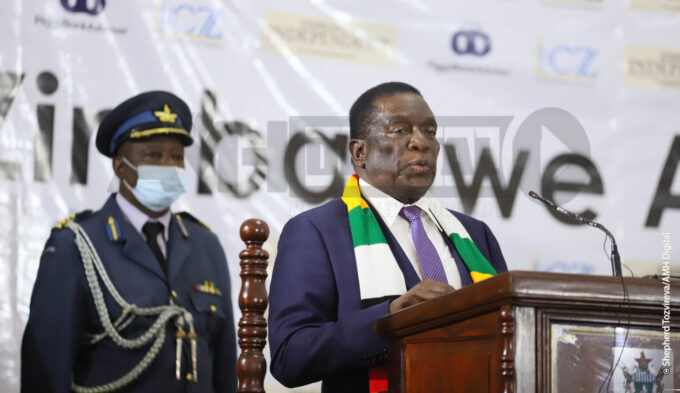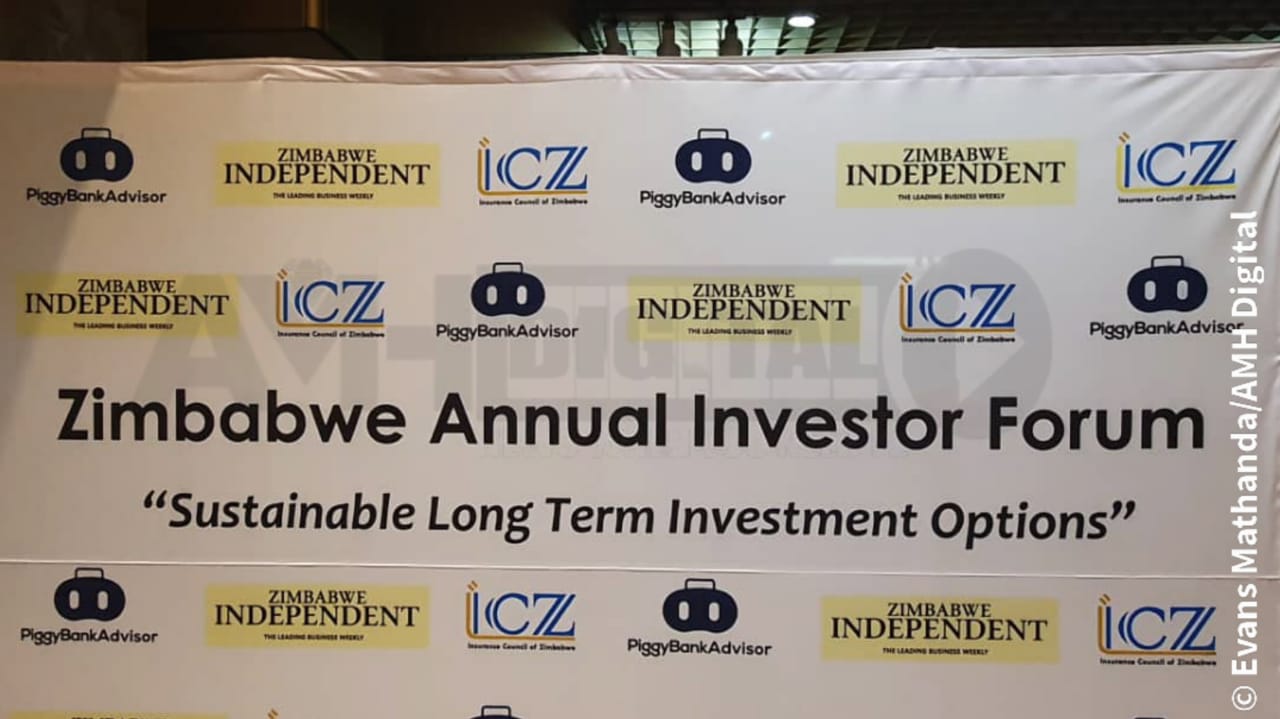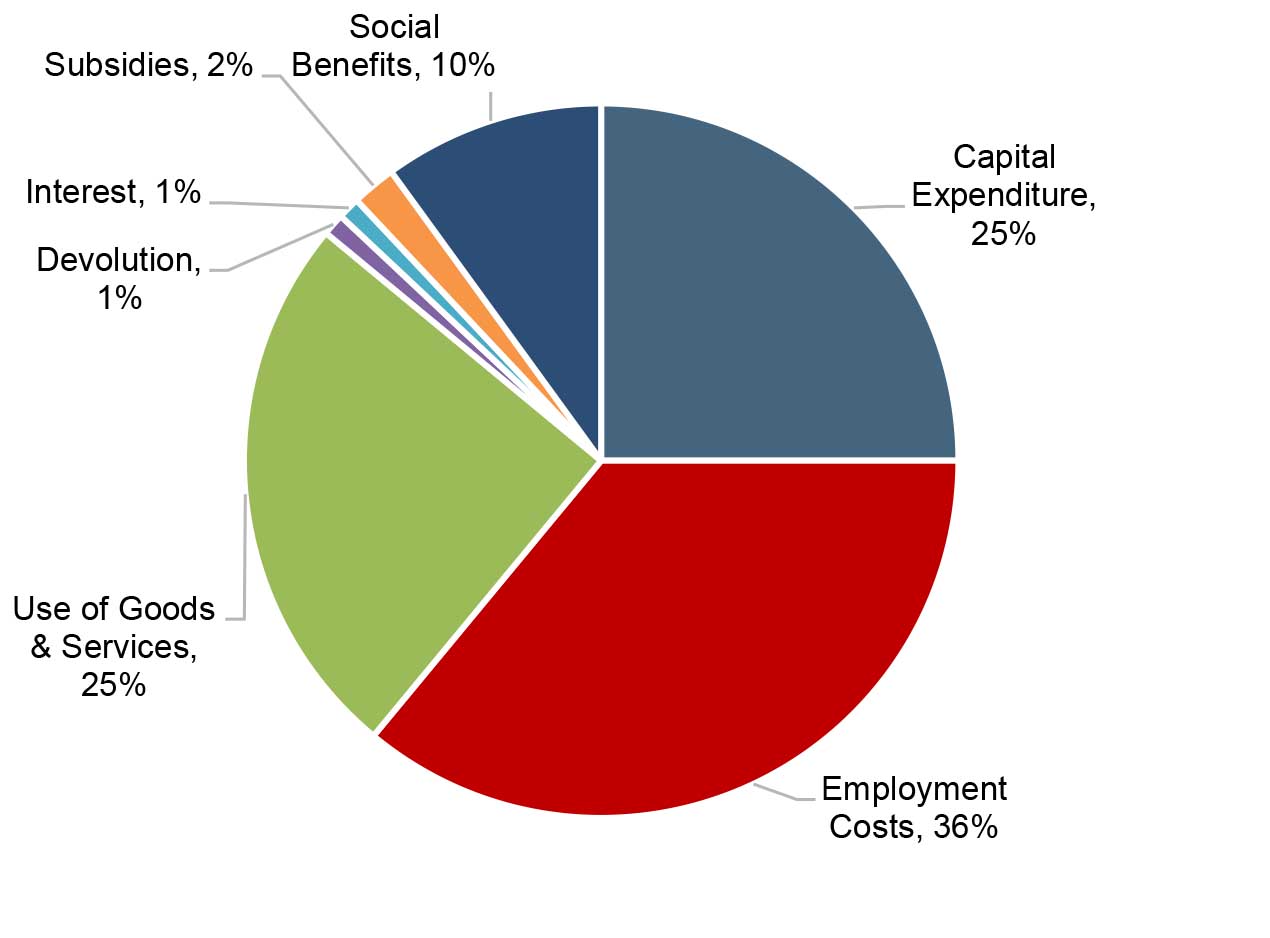
DINSON Iron and Steel Company (Disco) brings out important statistics about Zimbabwe’s iron and steel endowments. The country is sitting on iron fields containing 45 billion tonnes, which will take 200 years to exhaust. This figure represents the proven resource.
Billions more could be sitting elsewhere, awaiting discovery and exploitation.
Benson Xu, the Disco CEO, says the plan is to extract 1,2 million tonnes of pig iron and carbon, along with 500 000 metric tonnes of ferrochrome annually. These are impressive forecasts — 10 000 Zimbabweans will be directly employed. Opportunities will cascade to 50 000 indirectly.
The Chinese have been quick to notice the potential that lies in Zimbabwe’s minerals, as they have done elsewhere in Africa.
There is a problem in this — and they are not to blame. Zimbabwe’s government has been grandstanding over its empowerment drive without concrete action. For over 20 years, the government’s promise to empower Zimbabweans to control the economy has dismally flopped, but opportunities have been funnelled to those in power and their cronies.
Zimbabwe has geologists, mining engineers and chrome and iron ore experts, among the 50 000, who will be seeking employment from the Chinese. Many of these are professionals with demonstrable capacity to run successful iron and steel empires of the magnitude being developed by the Chinese.
But they lack capital and government support to venture into business. The Chinese will be pumping US$1,5 billion for the Chivhu operation alone, which is no child’s play, but one which Zimbabwe could afford if corruption had not intoxicated its rulers.
Years of economic mismanagement, a bad boy tag, nepotism and general plunder have pushed Zimbabwe’s country risk profile to unsustainable levels. Global lenders with capacity to bankroll big projects have pulled back skirting away from default risk.
- Chamisa under fire over US$120K donation
- Mavhunga puts DeMbare into Chibuku quarterfinals
- Pension funds bet on Cabora Bassa oilfields
- Councils defy govt fire tender directive
Keep Reading
Politicians who have been at the centre of economic destruction have claimed victimisation by advanced economies, instead of learning from their missteps. Victimisation is not always the case — there are real economic and accounting factors to be considered before lenders inject funding into investment destinations.
But without the means to start their own mines, domestic investors would naturally turn to the local banks. However, they are one of Africa’s most fragile, as noted by the IMF recently. Resources are there in Zimbabwe, but apart from general theft, prioritisation has been extremely wrong. One needs to be a close relative of a big shot in government, a parastatal or state bank to get capital. Forex revenues were estimated at US$9 billion last year alone. During the first quarter, Diasporans sent almost US$390 million back home.
At this rate, this could translate to about US$1,2 billion this year, a demonstration that the country has forex generation capacity. If managed fairly, this may end up in investment projects. For now, funding gets manipulated and ends up in the pockets of selfish politicians and their cronies, and ultimately funding their seafront mansions and fast cars.
There is nothing for the rest.











